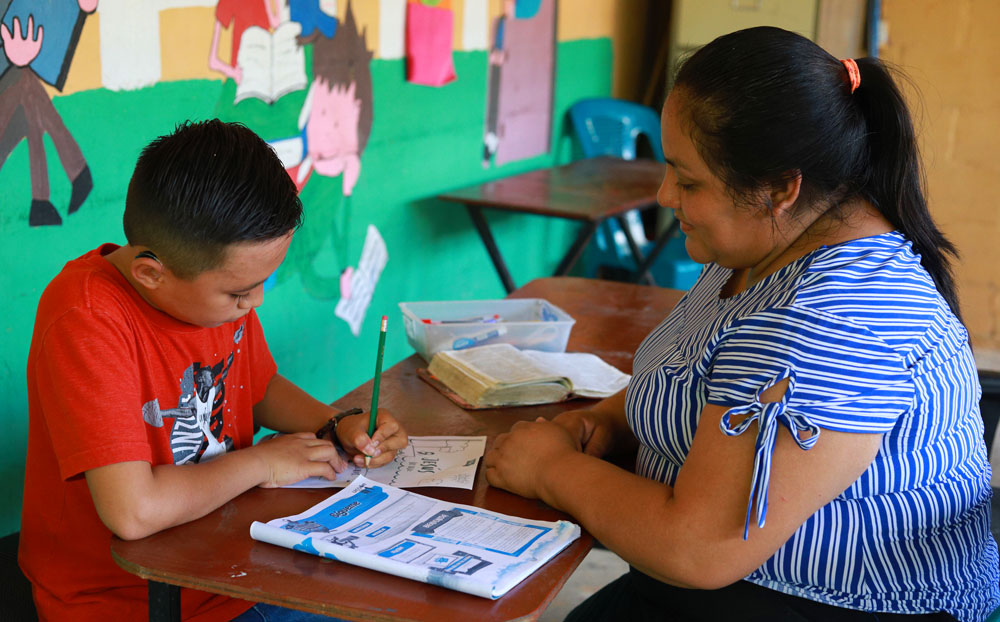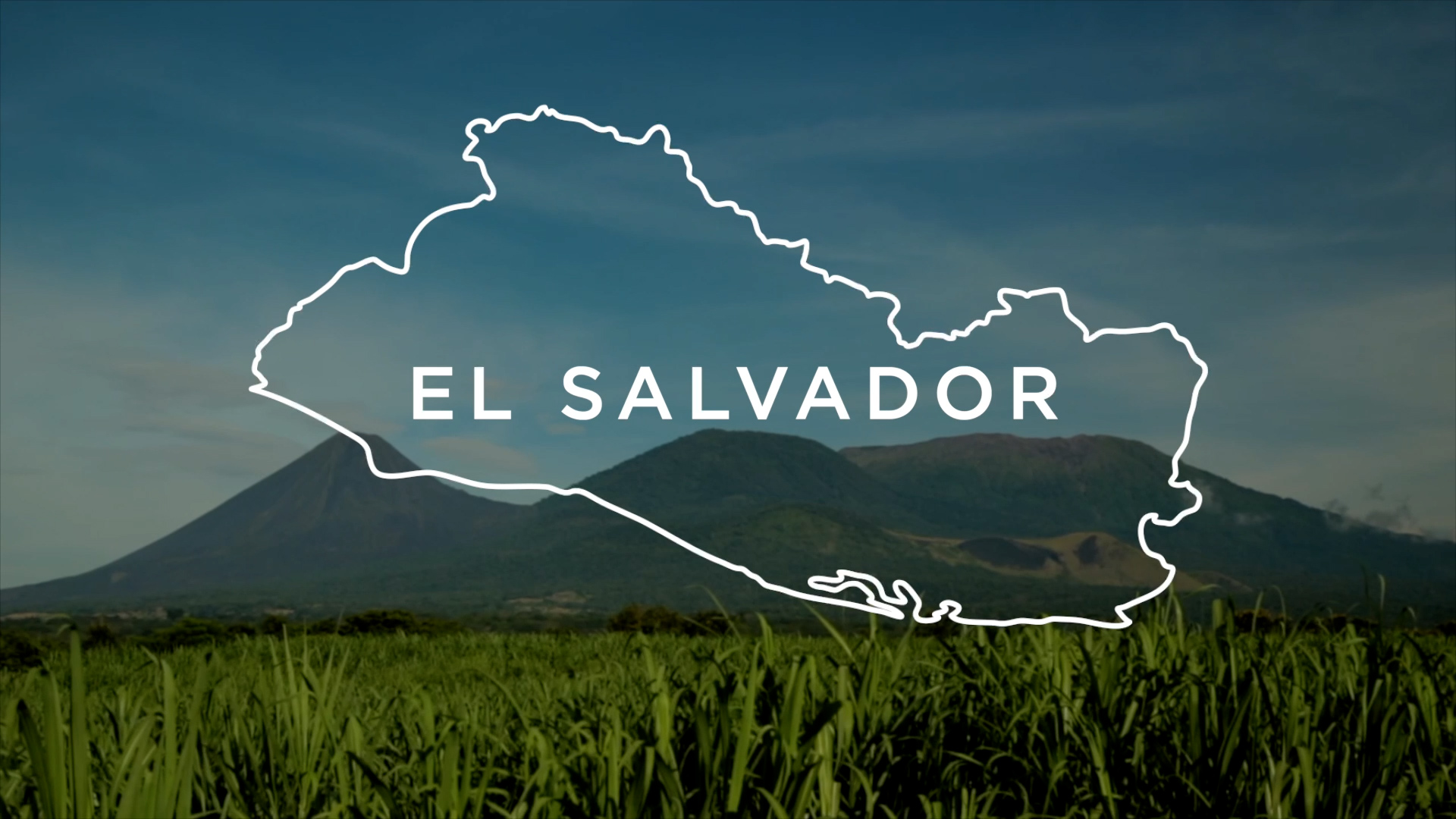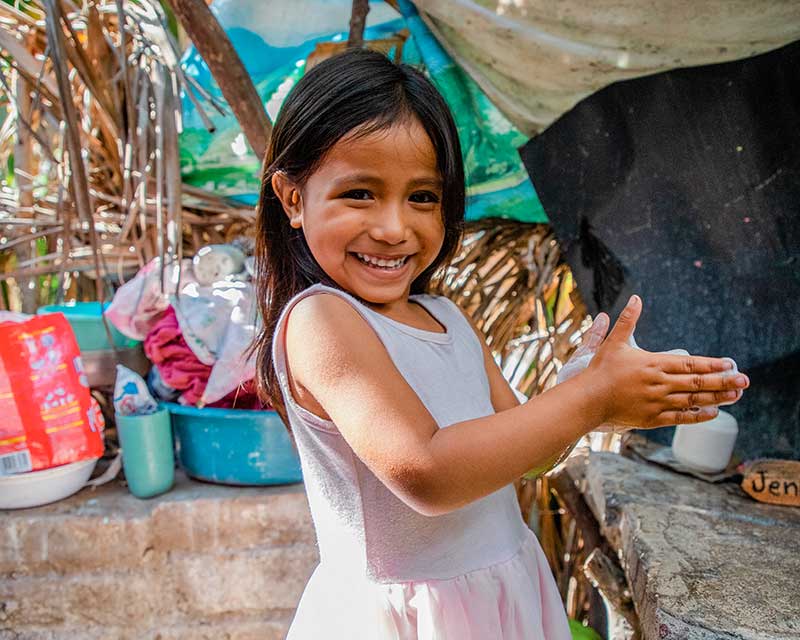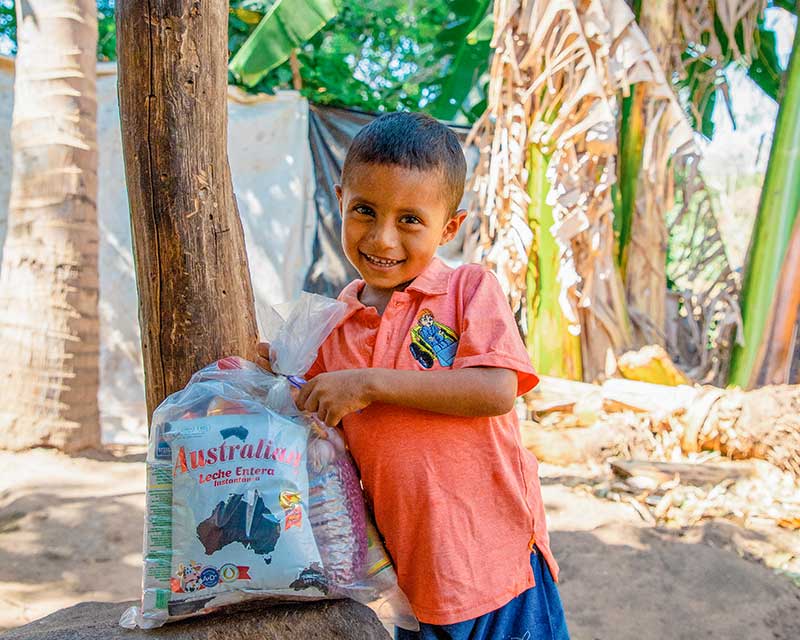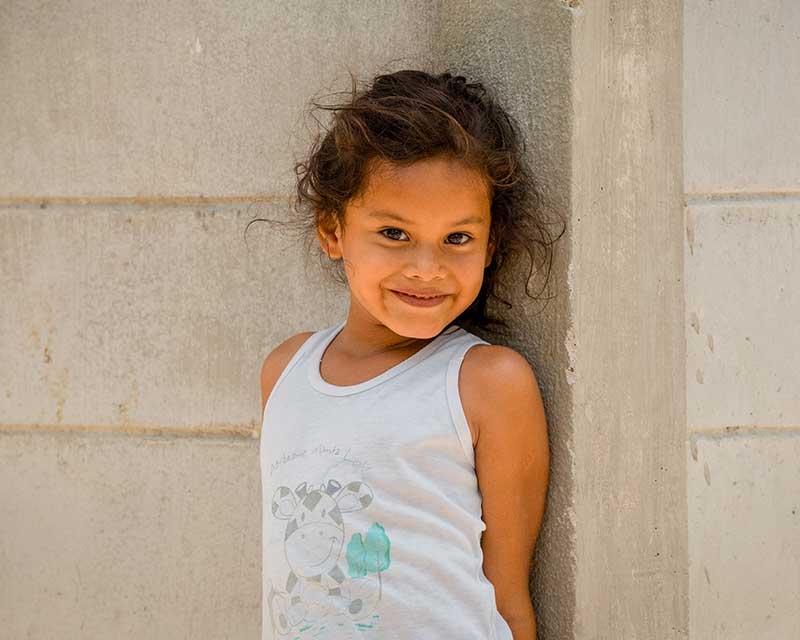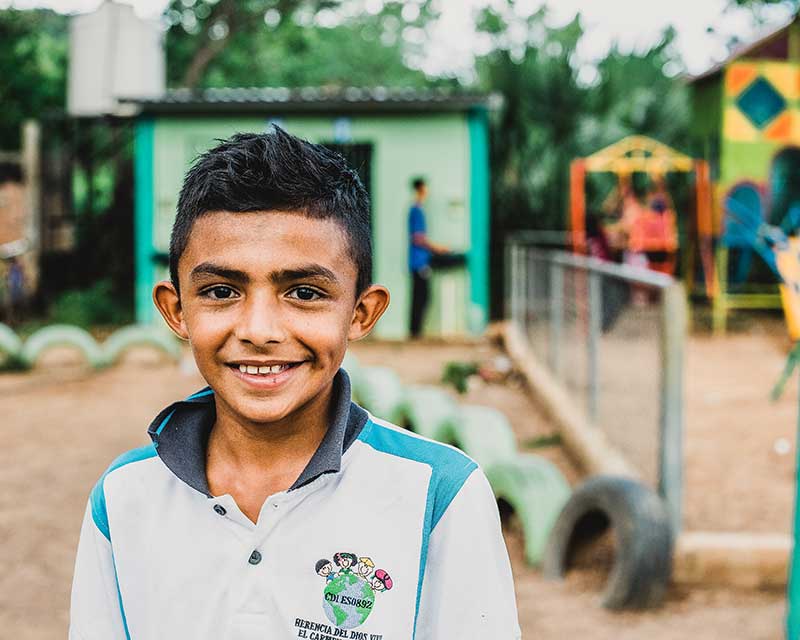El Salvador is the smallest and most densely populated country in South America. The coastal nation is still recovering from a 12-year civil war that ended in 1992 and cost over 70,000 lives. Thousands more disappeared and more than a million were displaced in a country of only around 6 million people. Even now, over 30 years from the war’s end, justice is slow for those who died or lost loved ones.
El Salvador also faces a pervasive threat from gangs, with children and youth especially vulnerable to coercion and threats. Though gang-related crime and homicide rates have dropped in recent years, violence is a daily reality for many. This is a major factor, along with ongoing drought and high unemployment, in so many locals fleeing their homes and heading for the US border.
President Nayib Bukele was elected in early 2019 in a strong protest vote against the major parties; the political outsider and former mayor ran on a platform of tackling corruption and swept to power. His crackdown on gang violence has been controversial, as it has led to a sharp decline in El Salvador's homicide rate but has meant human rights infringements for many locals. Despite this, there is still widespread support for President Bukele as people are desperate for safer streets.
A good education and adequate nutrition are crucial to securing healthy futures for children. Yet two-thirds of youth do not complete high school and malnutrition is a threat for many children, especially in rural areas where so many families rely on agriculture for their income. Drought has led to crop failures and tropical storms and hurricanes have also caused widespread damage.
Yet local churches across the country are at work, protecting vulnerable children, meeting their holistic needs, and sharing the love and hope of Jesus.
READ MOREkeyboard_arrow_down
READ LESSkeyboard_arrow_up
